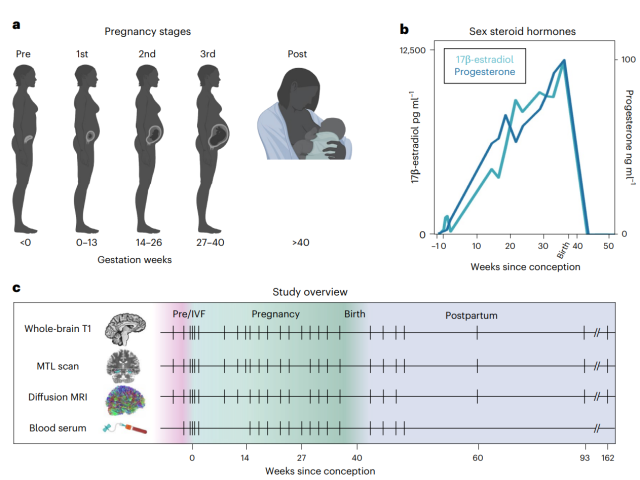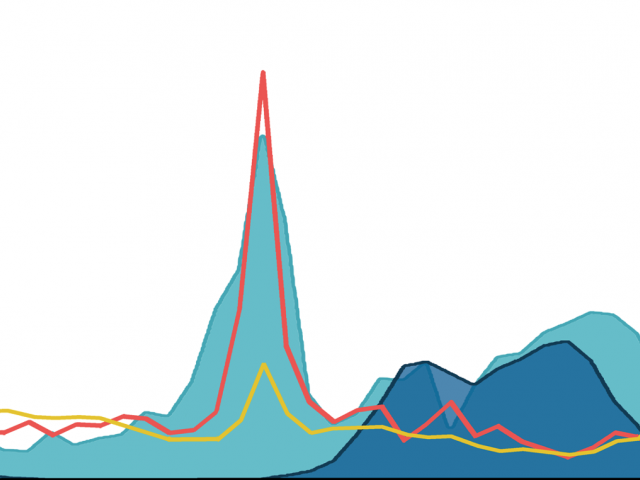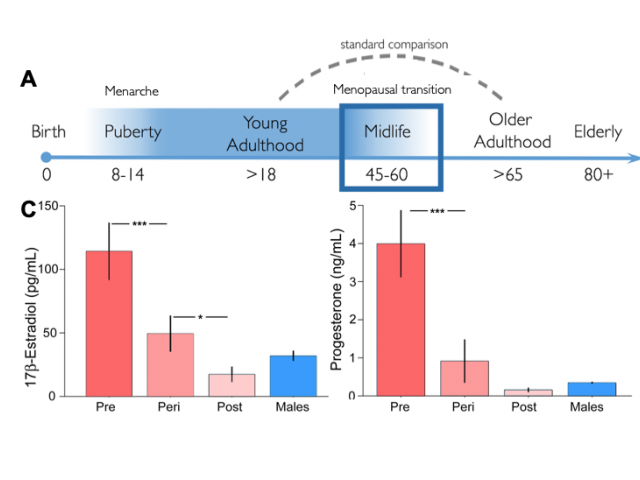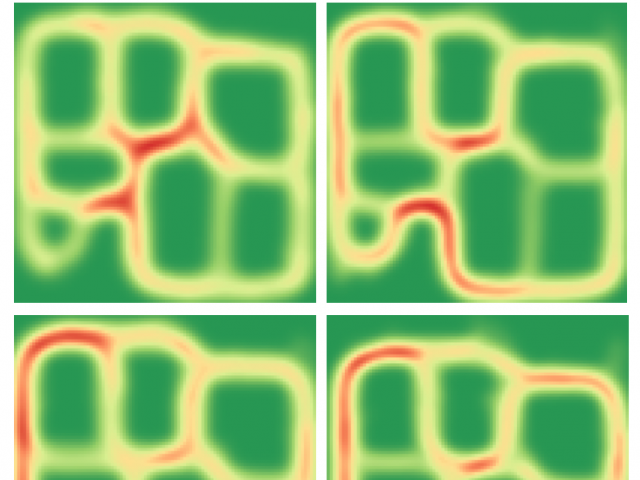Research
The lab extends our gratitude for generous support from: the National Institutes of Health, Chan Zuckerberg Initiative, Brain and Behavior Research Foundation, the California Nanosciences Institute, the California Department of Public Health, the Hellman Fellows Fund, the Harvey L. Karp Discovery Award, the Rutherford Fett Fund, and the Gottsdanker Research Fund.





